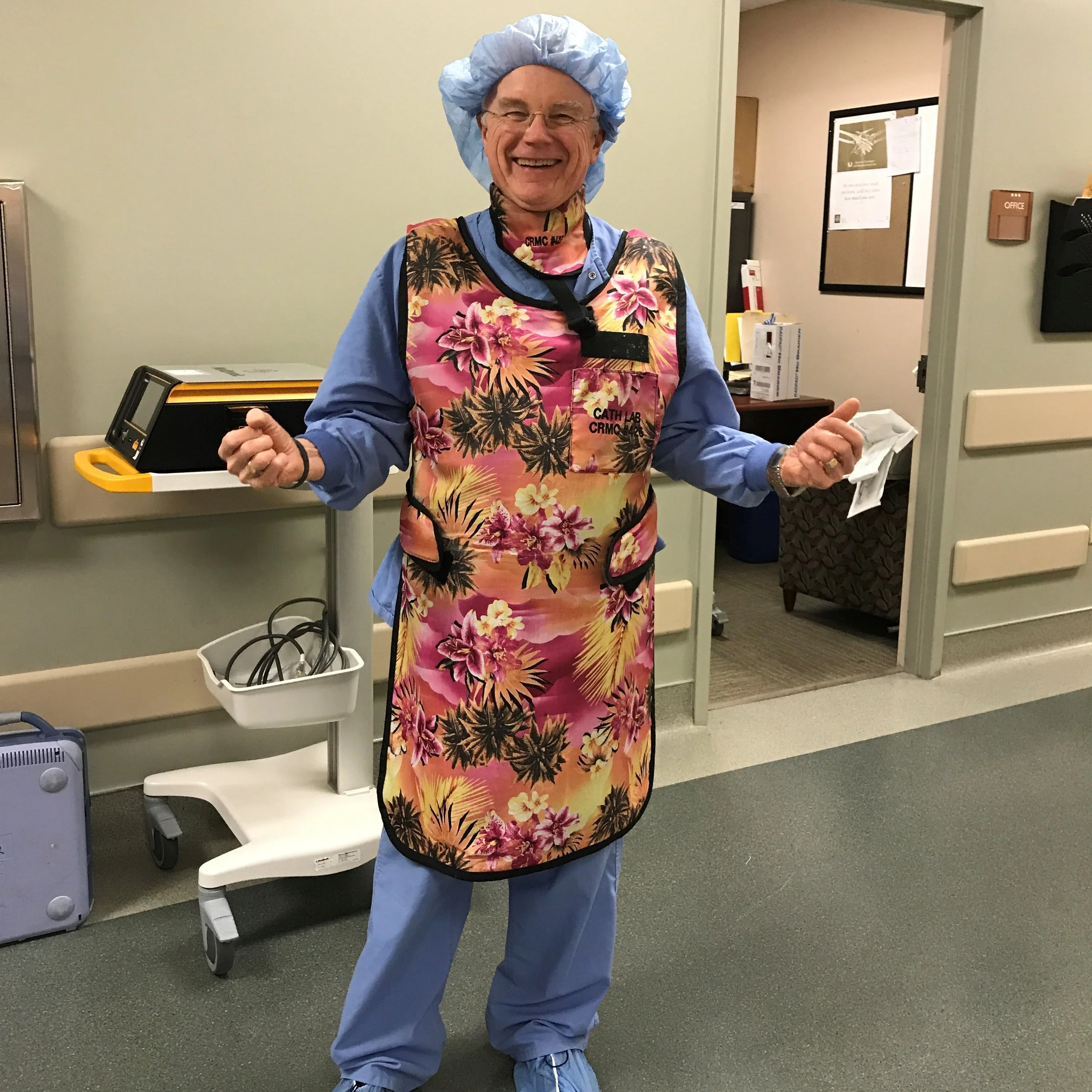Meditation, whether religiously inspired or not, almost always begins with an awareness of our breathing. In and out, slower, more consciousness, more settled. When I was first introduced to this by my students, it seemed so novel to me. I was used to diving right in, unaware of my breath, unaware of how I felt at this moment, unaware my eyes were wide open when they needed a bit of eyes shut to then enter the journey of discovery.
Similarly when we teach or lead a program, even when we attend a workshop, self-reflection can be a big help regardless of who the audience is or how skilled the presenter is. Self-reflection can help us locate not only the objectives of the presenter, but the more important the ones of our own making. Why did I sign up for this workshop? What do I really want to leave with that will help my next step? Who is here that I can learn from? And perhaps most importantly (regardless of the talent of the presenter), what am I going to do to make this an important time for me?
Certainly, it is the responsibility and the calling of the presenter to do their very best to teach with engagement regardless of the size of the audience. (Yes, you CAN actively engage with hundreds of people in an audience…if you self-reflect on what they need, not only on what you will say or show on your PowerPoint.) It is also up to the learner to engage as well. Yet, when we are confronted with a nervous instructor and mounds of PowerPoint slides we can tend to wander our mind with judgment, silent advice, even resentment. And that, our own inner experience, can affect our learning just as much as any awful presentation.
So here are a few ideas for when you are in a meeting or lecture hall:
1. Be the first to raise your hand, to make an encouraging comment or with curiosity to ask a question supportive of what you and others may need. Be the first one, right away. I am constantly amazed how smart, educated, important professions fall silent at the exactly the time they need to chime in.
2. Consider what you need from this learning experience and selfishly as well as selflessly go after it. This does not mean you have to challenge the presenter, only put in front of them the challenge that you feel. Tell a short story, preface your question or comment, focus closely so that it pertains not only to you but to those others like you.
3. Accept your very next opportunity to be the presenter. Of course, this can cause some nerves. This will get better with practice. Then remind yourself that you are not nervous…you are excited to present and to engage. As Whitehead advised, so that they know more and can do more.




















